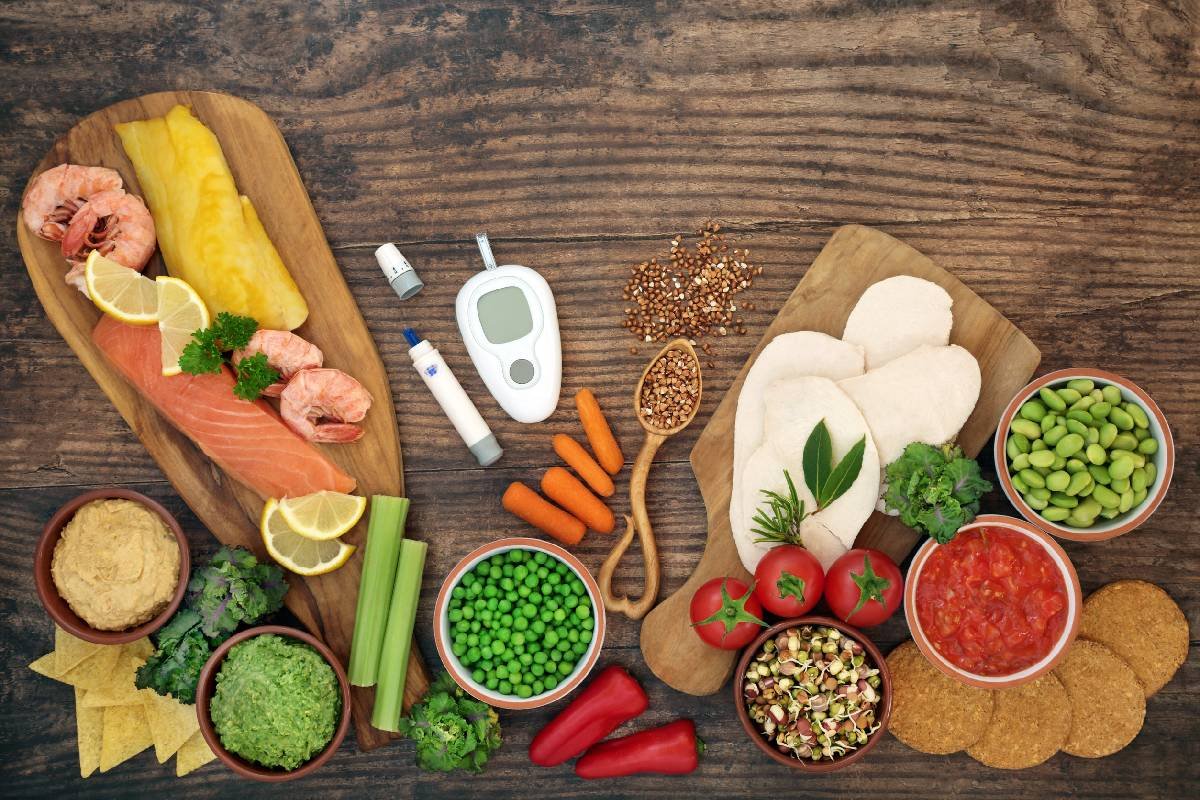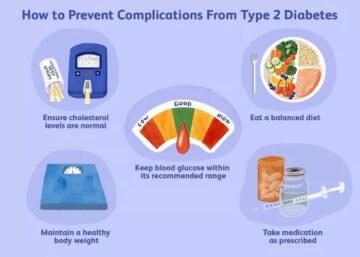
The best diet for managing type 2 diabetes is one that helps control blood sugar levels and promotes overall health. It’s important to note that there is no one-size-fits-all approach, as individual dietary needs can vary. However, several dietary principles are commonly recommended for people with type 2 diabetes:
Carbohydrate Control: Carbohydrates have the most significant impact on blood sugar levels. Monitoring and managing carbohydrate intake is crucial. Focus on complex carbohydrates, like whole grains, vegetables, and legumes, while limiting simple sugars and refined carbs.
Fiber-Rich Foods: Fiber helps regulate blood sugar levels and promotes satiety. Incorporate foods like whole grains, vegetables, fruits, legumes, and nuts into your diet.
Lean Protein: Include lean sources of protein, such as poultry, fish, tofu, and legumes, in your meals. Protein can help stabilize blood sugar and keep you feeling full.
Healthy Fats: Choose healthy fats like those found in avocados, nuts, seeds, and olive oil. Limit saturated and trans fats, which can contribute to heart disease.
Portion Control: Watch your portion sizes to avoid overeating, as excess calories can affect blood sugar levels.
Regular Meal Timing: Consistency in meal timing can help stabilize blood sugar. Try to eat meals and snacks at regular intervals throughout the day.
Low Glycemic Index (GI) Foods: Foods with a low GI release glucose into the bloodstream more slowly, helping to control blood sugar. Examples of low-GI foods include whole grains, non-starchy vegetables, and legumes.
Limit Processed Foods: Processed and sugary foods should be limited, as they can cause rapid spikes in blood sugar. Read food labels to check for hidden sugars and unhealthy additives.
Balanced Meals: Aim for balanced meals that include a mix of carbohydrates, protein, and healthy fats.
Regular Physical Activity: Along with diet, regular exercise is essential for managing type 2 diabetes. It helps improve insulin sensitivity and can lead to better blood sugar control.
Consult with a Dietitian: A registered dietitian can create a personalized meal plan that takes into account your specific needs, preferences, and lifestyle.
Monitor Blood Sugar: Regularly monitor your blood sugar levels as advised by your healthcare team. This will help you understand how different foods and activities affect your body and enable you to make informed choices.
It’s important to work closely with your healthcare team, including a registered dietitian and your primary care physician, to create a diabetes management plan that suits your unique needs. While these dietary principles are generally recommended for people with type 2 diabetes, individual responses to food can vary, so it’s crucial to tailor your diet to your specific requirements





